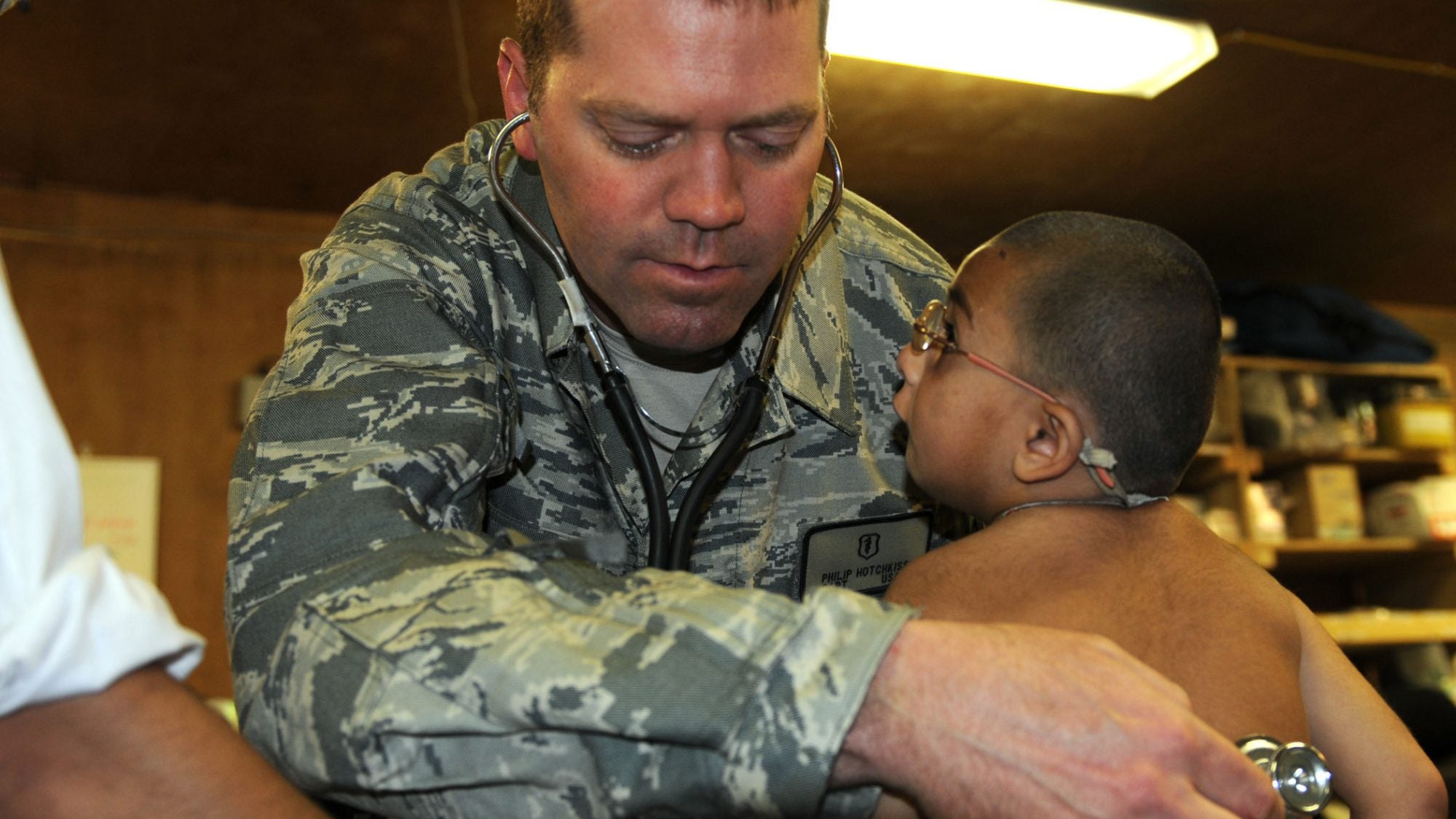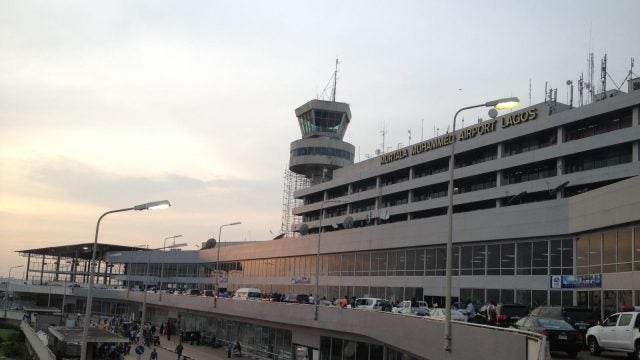
Title: The Failure of Polio Eradication: Blame Geopolitics, Not Religion
Last May, the World Health Organization (WHO) declared a Public Health Emergency of International Concern (PHEIC) in response to the increasing number of worldwide poliomyelitis cases. The timing of the announcement was especially disconcerting; less than two months before, the WHO had declared India to be polio-free. Additionally, an all-time low of 219 polio cases worldwide had been recorded in 2012, when the wild polio virus remained endemic only to Pakistan, Afghanistan, and Nigeria. Beating the disease in a country as large, diverse, and complex as India had offered real hope that the endgame of worldwide Polio eradication was in sight. The PHIEC therefore carried a dark undertone: despite the combined efforts of the WHO, Rotary International, the U.S. Centers for Disease Control and Prevention (CDC), the United Nations Children’s Fund (UNICEF), and national governments worldwide (operating collectively as the Global Polio Eradication Initiative), had the chance to globally eradicate polio slipped away? With 445 cases recorded in 2013, and at least 359 in 2014, the disease has also re-emerged in countries that had previously been polio-free for more than a decade, including Somalia, Iraq, and Syria. In each of these cases, the disease outbreaks were caused by imported strains from one of the three countries where the virus remains endemic.
Pakistan, Afghanistan, and Nigeria are all states where Islamist extremists operate, interrupting processes of governance and challenging or blocking polio vaccination programs. The countries where polio has re-emerged are also areas of high Islamist activity, and the link between Islamism and polio often appears overt. In northern Nigeria, imams and local political leaders issued a polio vaccination boycott in 2003, claiming that vaccines had been contaminated as part of a Western plot to kill Muslims and limit population growth. This set efforts to eradicate the disease back a decade. In May 2013, cases caused by the Nigerian strain were recorded in Mogadishu, Somalia, for the first time since 2007. The cases surfaced just three months after Boko Haram murdered nine young women working on polio vaccination programs in northern Nigeria.
Because of this correlation with religious extremism, it is easy to blame religion for the failure to eradicate polio in countries beset by Islamist violence. The correlation has also induced advocates of vaccination to look for religious solutions to the problem. The WHO, for example, has worked with the Organization of the Islamic Conference to support polio vaccination, and the Pakistani government has encouraged senior imams to speak out on the topic. Others have written on how the Koran does not prohibit vaccination, and in fact requires followers to act to protect their fellow man.
But religion is not always at the heart of the problem. Just as much of an issue, if not more of one, is geopolitics. The Taliban’s opposition to healthcare programs in Afghanistan because of claims that such programs are a front for espionage activities, for instance, is not unfounded. During the hunt for Osama bin Laden, Dr. Shakil Afridi, a Pakistani physician working for the U.S. Central Intelligence Agency, obtained DNA from children in Abbottabad using the ruse of a fake immunization campaign.
Opposition to vaccinations can also be motivated by politics rather than religion. In 2012, Hafiz Gul Bahadur, leader of the Taliban in North Warzistan, called for a ban on polio vaccination until the United States stopped visiting drone strikes on the area, arguing that such strikes kill and cripple far more civilians than polio. (The strikes did not stop, and there have since been unsubstantiated claims that Bahadur was himself killed by one of them in December of last year.) Thus, it may be counterproductive to try and separate the health issues of vaccination from the political ones, not least because the dogged pursuit of polio eradication must take into account how many health workers are likely to be killed in the process and how much intrusion into unfriendly territory is required to achieve it.
An alternative approach may be to play a game of wait-and-see. This will require being aware of where polio remains endemic, stepping up vaccination at the entry- and exit-points to and from those regions, watching closely for how the disease might spread, and closing down sporadic outbreaks outside those reservoirs wherever they happen as quickly as possible. But it will also require us to accept, at least for the moment, that the endgame of outright polio vaccination must be placed on hold.
At a roundtable held at the Royal United Services Institute in London in June 2014, a group of infectious disease experts concluded that had the smallpox eradication program of the 1970s instead taken place today rather than at a time of greater global stability, it too might have failed for largely the same reasons the Global Polio Eradication Initiative has faltered. With this in mind, we need to play a more cautious game with polio. Perhaps it is time to think of alternate ways to spend some of the remaining funds from the $5.5 billion budget allocated to the Global Polio Eradication Initiative from 2013 until 2018.
It is also important to remember that even if Islamist opposition to vaccination were purely ideological, they are not the only ones who object to vaccination on religious grounds. Christian religious beliefs and vaccination have also, at times, been interpreted to conflict. This is based both on ethical objections to the use of human cell tissue in medical research and the creation of vaccines as well as a more fundamentalist belief that only God should decide who recovers from disease. This ideological divide has made its way into the political arena as well, and most U.S. states (as well as Canada and the United Kingdom) allow individuals to opt out of vaccinations for themselves and their children on religious grounds. The fact that U.S. officials and health professionals seem intent on forcing vaccination on other countries despite tolerating opt-out amongst Western ultra-religious communities raises challenging questions still in need of address.
Polio eradication cannot be viewed purely as a healthcare issue, nor should its challenges be attributed only to Islamist religious fundamentalism. Geopolitics weaves a much more complex picture, in which vaccination workers are used as political pawns by both sides. The security implications of continuing to send healthcare workers into hostile territory—particularly when doing so is seen as a hostile act—should sometimes take priority over public health benefits. This would require the continuation of polio vaccination in countries where it has long been eradicated for some time to come, while leaving populations whose leaders remain opposed to vaccination to their fate. So long as vaccinations are maintained where they can be, areas where polio remains endemic will be contained. In the short term, this may be a more realistic goal to aim for than complete eradication.
. . .
Dr. Jennifer Cole is the current Director of Research for the Department of Health Studies, Course Director for the MA Global Health: Culture, Society and Behaviour, and MSc Global Health: Human Health and the Environment at the Royal Holloway, University of London.
Image Credit: Sgt. Albert Kelley, Public domain, via Wikimedia Commons
This is an archived article. While every effort is made to conserve hyperlinks and information, GJIA’s archived content sources online content between 2011 – 2019 which may no longer be accessible or correct.
Recommended Articles

Africa accounts for approximately two percent of global air travel. Given the continent’s vast size and large distances between major trade hubs, enhancing intra-African air connectivity will be…

An estimated 7.9 million Venezuelans migrated abroad for the long term under President Nicolás Maduro’s rule as Venezuela’s political, economic, and social crises have deepened. Alongside rising Venezuelan migration, migrants…

Amid stalled U.S. federal climate engagement and intensifying transatlantic climate risks, subnational diplomacy has emerged as a resilient avenue for cooperation. This article proposes a Transatlantic Subnational Resilience Framework (TSRF)…